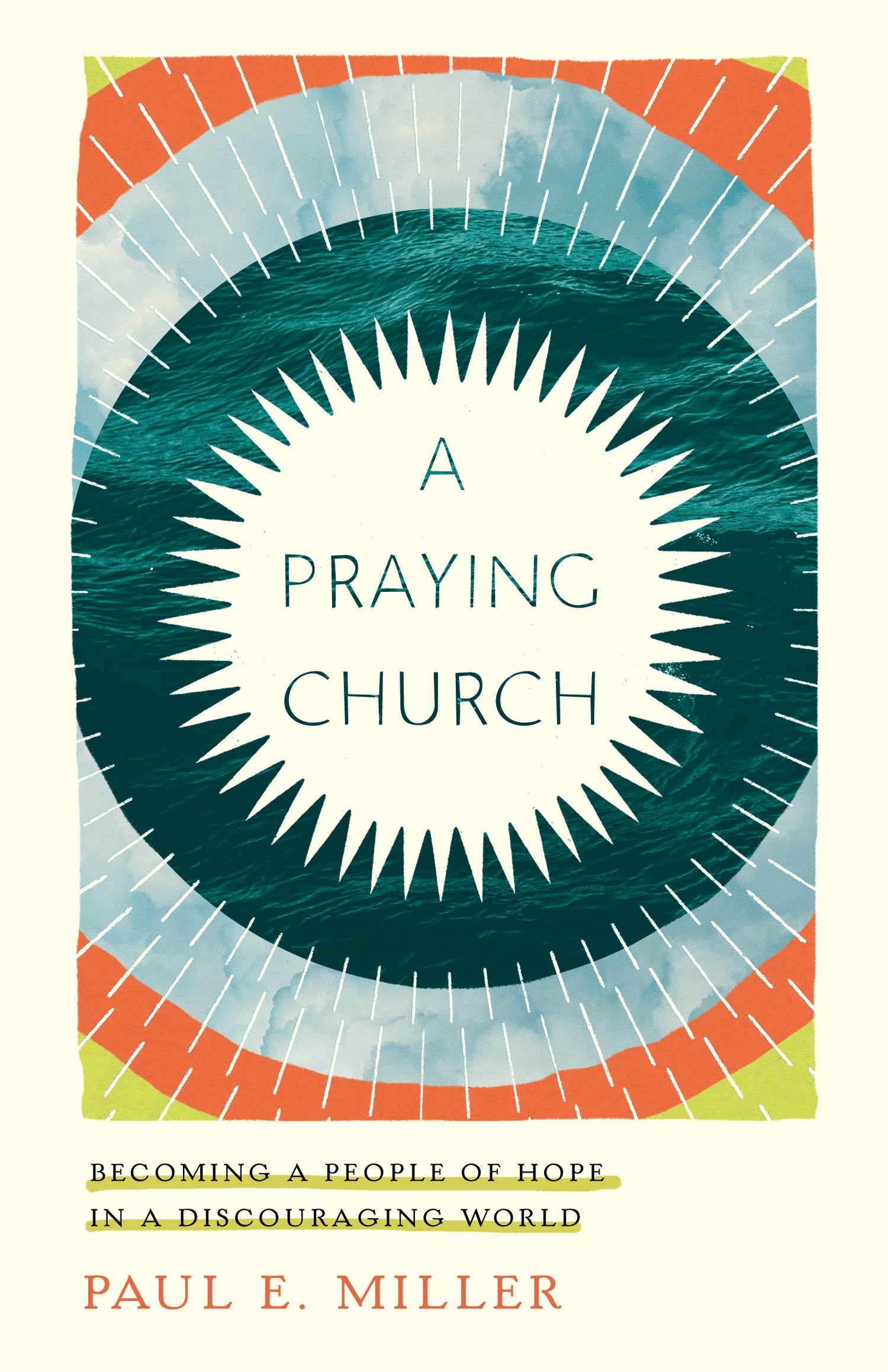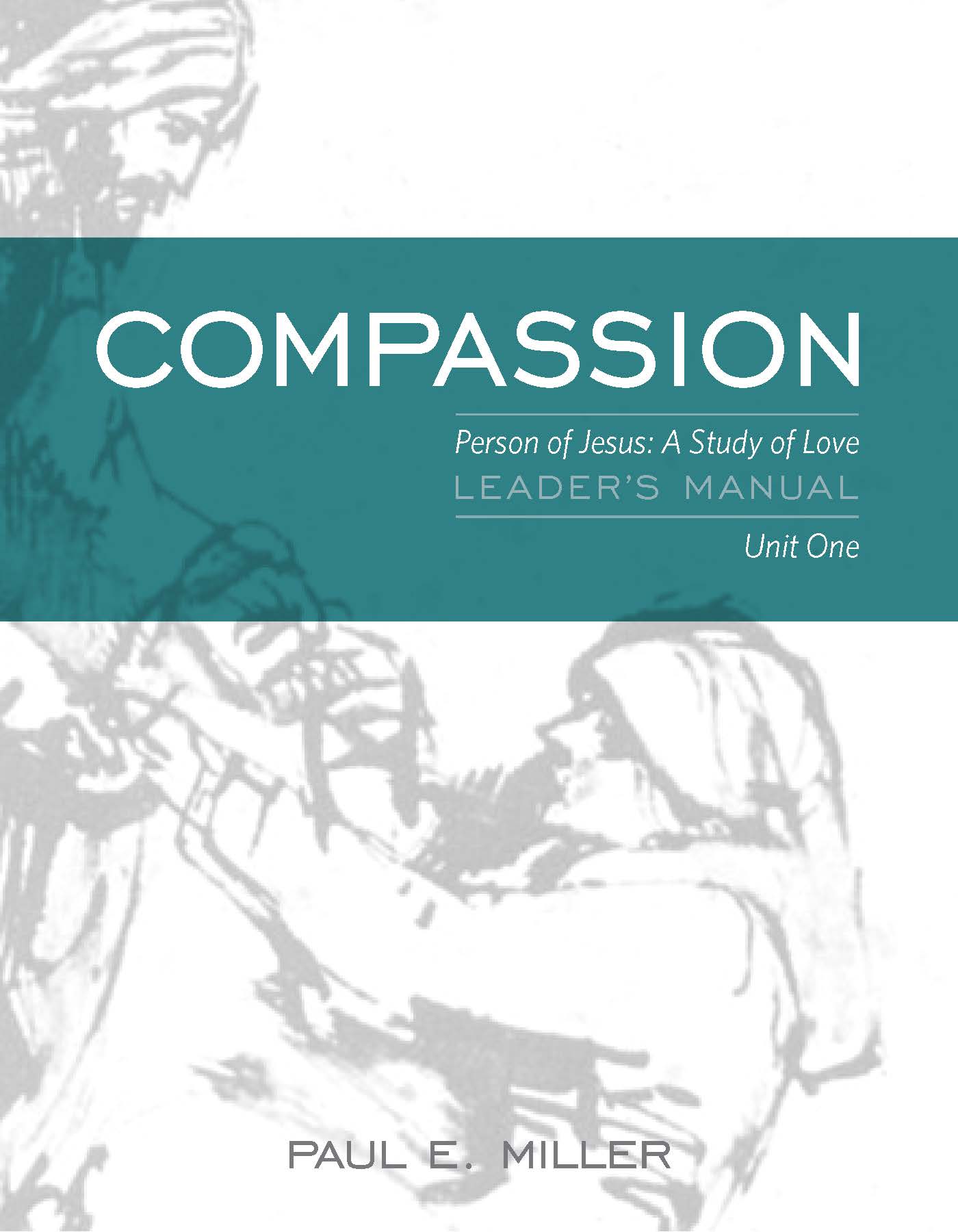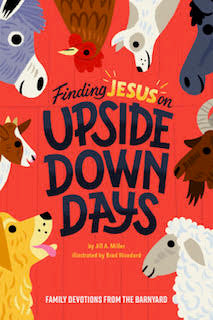One of the things that makes Christmas so amazing every year is that you never really understood it last year. The idea of God becoming a person, a little baby, is so immense that we can’t ever wrap our minds around it.
The Greeks of Jesus' day would have loved the opening to John 1: “In the beginning was the Word, and the Word was God, and the Word was with God….” That would have made perfect sense to them. They would have followed along until verse 14. But the scandal of that verse, “The Word became flesh and dwelt among us,” would have stopped them in their tracks. God doesn’t become man!
Jesus’ incarnation is full of mystery. He is very God of very God, completely filling the universe, and yet living as a 6lb, 3oz, curly-haired little Jewish boy in a cave on the side of a hill in Bethlehem. Mystery notwithstanding, it is crystal clear that Jesus’ incarnation involves the narrowing of his personhood. Becoming a human constricts him—even more so becoming a baby. His life narrows into spaces like a manger and a cross.
As Americans we have a whole declaration of no limitations, but the very nature of love is to have your freedom constricted. What we’ll react to sometimes in a difficult relationship is the feel of the relationship—we’ll dislike that we have to be careful what we say around the person, or react to the unfair or unbalanced feel of things. But that’s actually the feel of love, that narrowing, constricting, limiting. That's the womb where resurrection takes place.
When people recoil from the narrowing of love, it hardens their hearts. If you see someone who has a wide heart, they've experienced narrowing. It's like the heat of that forms the human soul the way it should be. In Philippians 3:10, Paul calls this a “koininia,” a fellowship of His suffering. It’s where you get to know Jesus; it's the launching pad for resurrection. So it's that as Jesus receives the submission of His life that the Father has given Him, leading to death, that's kind of the spring that's going down. Or think of a bungee cord, think of the incarnation leading to all the way to death—this gigantic bungee cord going down into hell. The father's response, the resurrection and exaltation of Jesus, will be going on forever. It's just so immense.
We can actually map four major Christian holidays—Christmas, Good Friday, Easter, Pentecost— onto a J-Curve like this. This is the story of Jesus for us and the map for our pilgrimage.

We rightly see Christmas happening at a confounding, wondrous, and global level; but then in all of our own lives, our Christmas narrows to the people, the situation in which we celebrate that Christmas, which often has the constraining feel of loving the people that we're with. Our grand ideas narrow as we do that work of love, which sometimes means going down for the sake of others.
May the J-Curve map help you to see that where you are – that small limited place perhaps made even smaller in this quarantine season – is the very place to celebrate the gift of Christmas.
The content of this article was drawn from a podcast called The Love J-Curve of Christmas. Listen here.








